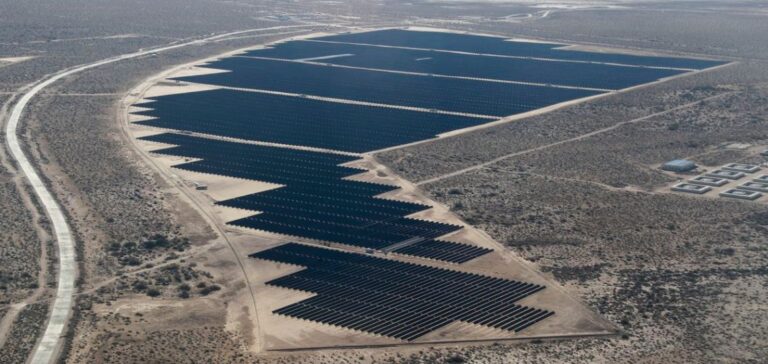Aslan Energy Capital recently announced the signing of a memorandum of understanding (MOU) for the acquisition of 35,000 hectares of land in Sonora, Mexico. This ambitious project, named ANEM (Aslan Net-zero Energy Mexico), aims to establish a solar-powered green hydrogen and ammonia production facility.
Development in Production Phases and Objectives
The ANEM project will be developed in four phases over a ten-year period. The first phase, scheduled for 2028, aims to produce around 600,000 tonnes of green ammonia per year. Production capacity will be doubled in the second phase, scheduled for 2030. Preliminary feasibility studies have demonstrated positive economic viability, and Front End Engineering Design is scheduled to begin in the third quarter of 2024.
The main objective of this project is to serve the Mexican domestic market. Excess capacity will be exported to the USA via existing rail networks. Export opportunities to Japan and other markets are also being evaluated.
Strategic and economic benefits
The green hydrogen produced by the ANEM project will play a crucial role in Mexico’s energy diversification, reducing dependence on fossil fuels and improving energy security. In addition, the green ammonia produced will contribute to the stability of fertilizer prices, promoting agricultural sustainability and economic growth.
The project is part of Mexico’s Sonora Plan, which aims to harness renewable resources to meet the country’s energy needs. By integrating green hydrogen into gas networks, the ANEM project offers a sustainable alternative to traditional energy sources and supports Mexico’s climate commitments.
Export prospects and partnerships
The ANEM project plans to develop a localized supply chain in Sonora, attracting solar equipment manufacturers and hydrogen technology companies to establish production facilities nearby. This will help support the project and benefit from industrial synergies.
Exports to the USA will be facilitated by existing rail infrastructure, while assessments are underway for the establishment of a dedicated ammonia shipping terminal to serve Japan and other international markets.
Commercial operations for the ANEM project are scheduled to begin in 2028, with a gradual ramp-up in production until full completion of the second phase in 2030.






















